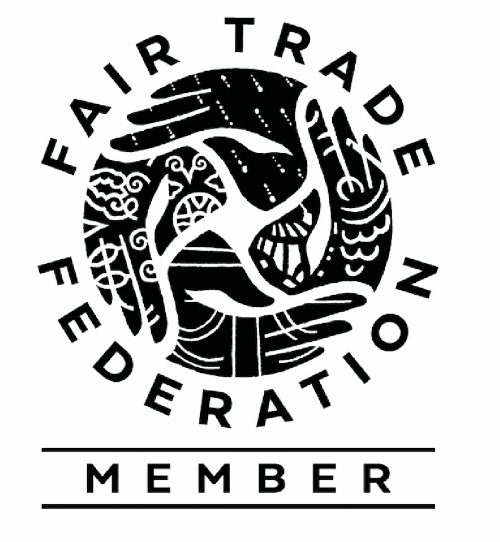In today’s struggle to preserve the earth for future generations, the inclusion of people in developing countries is more important than ever. Not only are those in developing countries more at risk for health problems caused by environmental factors, without their participation in taking measures to combat environmental problems, there is little chance of seeing real change. As fair trade producers operating within the principles of fair trade as defined by the World Fair Trade Organization, Unique Batik is committed to using materials sourced sustainably, minimizing waste, and using production techniques that reduce environmental impact.
Environmental risk factors across the globe are “greatest for the poor and vulnerable populations in developing countries,” says the WHO’s Health and Environment Linkages Initiative. This brings an even greater sense of urgency to our need to not only stop environmental impact but to reverse it. For example, deforestation, one of the greatest environmental issues in Guatemala, is both exacerbated by the poor rural populations who must make use of whatever resources they can find, and puts them at risk for further tragedy such as the 2005 landslides that killed more than 1500 people. In order to prevent the continued disappearance of Guatemala’s forest, there must be other employment options for its people.
Fair trade seeks to create employment opportunities that offer not only the financial means to preserve the environment, but to do it in a way that is intentional in reducing the impact of productions. Outside of the production of our crafts, Unique Batik also participates in other environmental initiatives. There is the everyday, such as recycling at our home office in Raleigh, NC, and riding our bikes to work. There is also the truly inspired, such as a project in Guatemala that takes mundane trash such as the plastic bags and wrappers and the ubiquitous plastic water bottle, and turns them into eco bricks that are donated to build homes for the poor. With little infrastructure in the rural area of Lake Atitlan, there is trash but nowhere to put it other than scattered about the ground in otherwise picturesque villages (at worst) or in a giant pile on the mountainside (at best). By stuffing the bags and wrappers into the plastic bottles until they become sturdy and solid, the bottles can then be used as “bricks” in building adobe homes and other structures.
Despite the many challenges to environmental sustainability in developing countries, in some ways their people could teach those in the Global North a lot about reducing, repurposing, and recycling. The people with whom we work are masters of recycling -- wasting almost nothing. Some of the recycled materials they use include: textiles, metal, plastic, and glass. These recycling techniques may be as straightforward as using recycled glass bottles to make glass beads or as whimsical as making bangles out of broken guitar strings. We at Unique Batik are proud to work with artisans whose creativity and ingenuity can rescue items that would otherwise go to waste and instead transform them into beautiful and useful products. Somehow, it seems appropriate that in a fair trading relationship, inspiration and knowledge are not a one-way thing. It is through working together that we can make an impact for good, both on the lives of producers and on this world we all share.
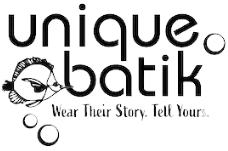
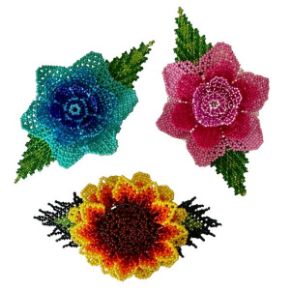
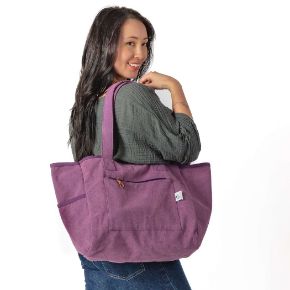
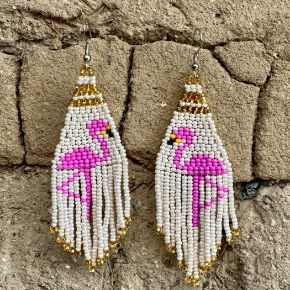
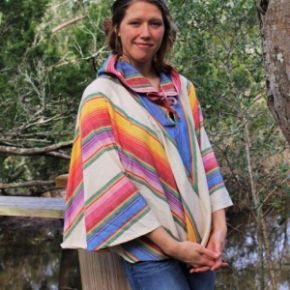
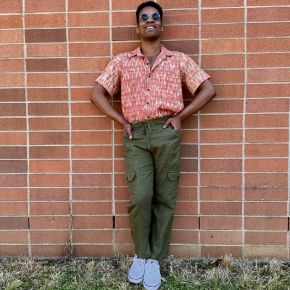
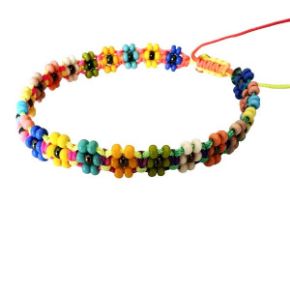
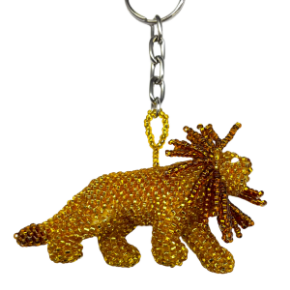
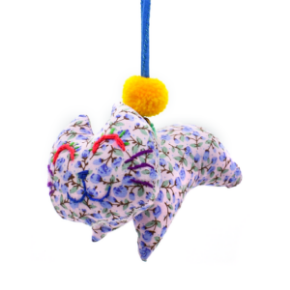
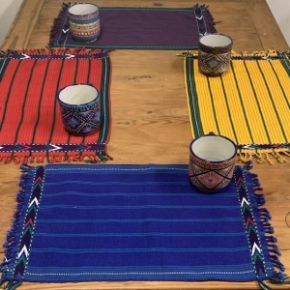
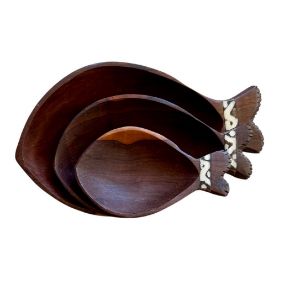
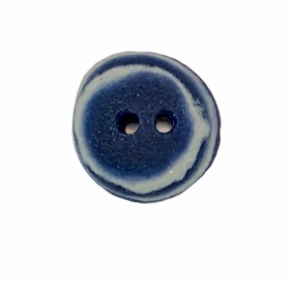

 Atitlan. The group started out as “Arte Indigena T’zutujil”, a name reflective of the T’zutujil Maya people who founded their village of Panabaj and that of nearby Tzanchaj, and whose culture and language are prevalent even today. The group has faced a long and sometimes arduous road to their current success. One of the most tragic times they faced was in October, 2005 when a mudslide triggered by the heavy rains from Hurricane Stan struck, leaving an estimated 600 of the 3,000 villagers dead or missing, and those who escaped with little more than the clothes they were wearing. Many of the artisan group lost their husbands, children, and houses.
Atitlan. The group started out as “Arte Indigena T’zutujil”, a name reflective of the T’zutujil Maya people who founded their village of Panabaj and that of nearby Tzanchaj, and whose culture and language are prevalent even today. The group has faced a long and sometimes arduous road to their current success. One of the most tragic times they faced was in October, 2005 when a mudslide triggered by the heavy rains from Hurricane Stan struck, leaving an estimated 600 of the 3,000 villagers dead or missing, and those who escaped with little more than the clothes they were wearing. Many of the artisan group lost their husbands, children, and houses. At the time, it seemed uncertain whether Panabaj would even be rebuilt. Many people were relocated to government housing in settlement further east, but despite the efforts of the government, the call of their ancestral home brought back most of the villagers to rebuild. Now the town looks much as it did before the catastrophe, although those who survived will never forget those they lost. In honor of their village, the group became ‘Las Mujeres de Panabaj’.
At the time, it seemed uncertain whether Panabaj would even be rebuilt. Many people were relocated to government housing in settlement further east, but despite the efforts of the government, the call of their ancestral home brought back most of the villagers to rebuild. Now the town looks much as it did before the catastrophe, although those who survived will never forget those they lost. In honor of their village, the group became ‘Las Mujeres de Panabaj’.  members only earn money through their artesania, and the group is run very democratically, with a legal board of directors that changes every two years. Their weaving and jewelry making allow the women who, as T’zutujil Maya, speak little to no Spanish, to support their families despite this disadvantage in the Guatemalan business world. The women can earn approximately $6.50 a day, which in the local economy is a fair price for their work. Artisans are paid promptly, every fifteen days. The group also helps those who want to pursue furthering their education; a few women have received scholarships to go to high school. The group is not limited to its original members, but accepts and trains new members, who are taught the beading and weaving techniques, making jewelry and products woven on a flat loom, such as belts.
members only earn money through their artesania, and the group is run very democratically, with a legal board of directors that changes every two years. Their weaving and jewelry making allow the women who, as T’zutujil Maya, speak little to no Spanish, to support their families despite this disadvantage in the Guatemalan business world. The women can earn approximately $6.50 a day, which in the local economy is a fair price for their work. Artisans are paid promptly, every fifteen days. The group also helps those who want to pursue furthering their education; a few women have received scholarships to go to high school. The group is not limited to its original members, but accepts and trains new members, who are taught the beading and weaving techniques, making jewelry and products woven on a flat loom, such as belts. .JPG)





 Many of our artisans work in the region of Lake Atitlan, which is a huge volcanic lake in the Guatemalan highlands. Lake Atitlan is fifty square miles in area, and its thirty-one miles of coastline are surrounded by myriad villages, each unique. Famous travelers including writer Aldous Huxley and German explorer Alexander von Humboldt have described it as one of the most beautiful lakes in the world, and anyone who has seen its expanse of pacific blue waters reflecting the looming volcanic mountains that etch out its perimeter would have to agree. A three hour bus ride from Guatemala City, Lake Atitlan is a popular tourist destination with both local and foreign tourists, who come for the scenic beauty and the cultural interest found in its surrounding villages.
Many of our artisans work in the region of Lake Atitlan, which is a huge volcanic lake in the Guatemalan highlands. Lake Atitlan is fifty square miles in area, and its thirty-one miles of coastline are surrounded by myriad villages, each unique. Famous travelers including writer Aldous Huxley and German explorer Alexander von Humboldt have described it as one of the most beautiful lakes in the world, and anyone who has seen its expanse of pacific blue waters reflecting the looming volcanic mountains that etch out its perimeter would have to agree. A three hour bus ride from Guatemala City, Lake Atitlan is a popular tourist destination with both local and foreign tourists, who come for the scenic beauty and the cultural interest found in its surrounding villages.














